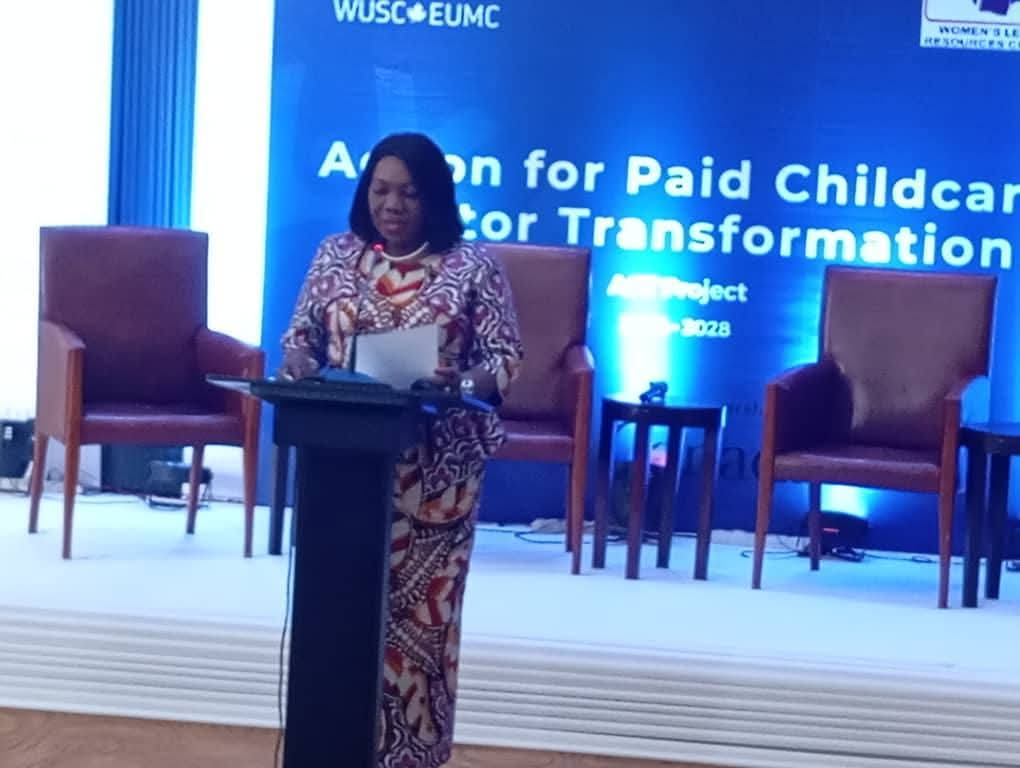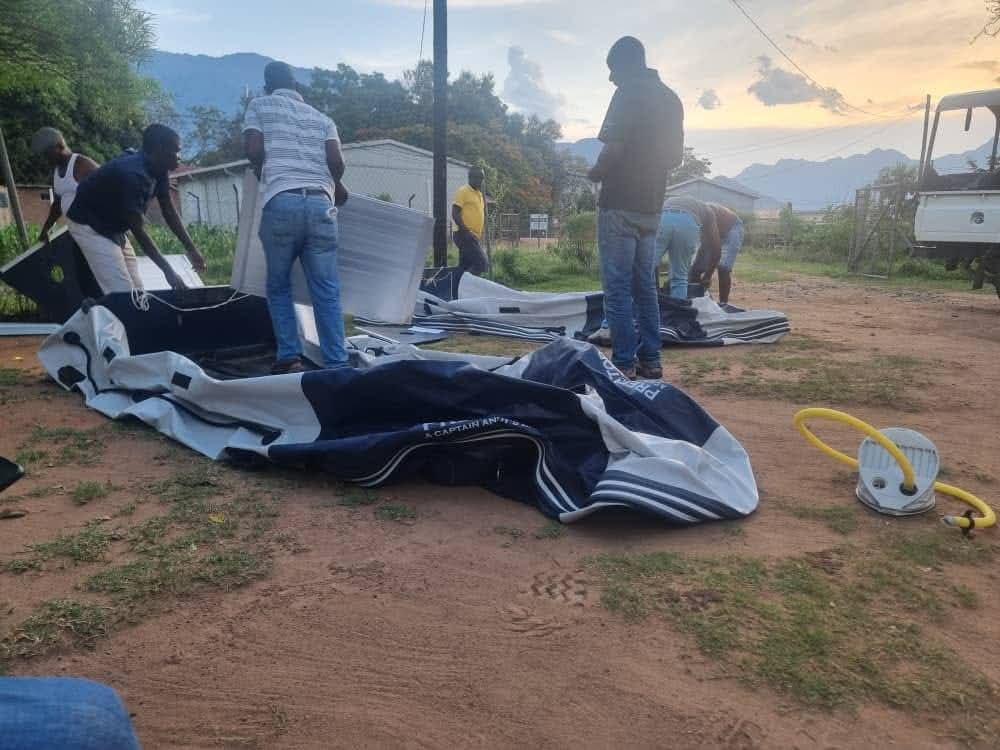The credibility of Maravi Post is once again under scrutiny after publishing an article about former Malawi President Professor Arthur Peter Mutharika’s supposed illness and postponed voter registration. This recent report claims Mutharika was too unwell to travel from his residence in Mangochi to his home village in Thyolo to register to vote, yet the authenticity of this information has come into question, echoing past accusations of fake news leveled against the publication.
According to Maravi Post’s report, Mutharika’s personal physician, Dr. Kingsley Magomero, allegedly attended to him at his Page House residence. The story also highlighted that Mutharika suffers from Chronic Obstructive Pulmonary Disease (COPD), an age-related health condition that could complicate his ability to carry out physical activities. However, in an attempt to verify the details, a statement from Mutharika’s residence reportedly denied these claims, further deepening suspicions about Maravi Post’s reporting standards.
In a private conversation between Maravi Post editor Lloyd Mbwana and contributor Burnett Munthali, Munthali raised a series of questions to address the validity of the report, questioning whether the article’s author, Khama Kadzakumanja, could substantiate his sources. Mbwana, however, declined to provide contact information for Kadzakumanja or facilitate a response to the questionnaire, urging Munthali instead to write an article based on Mutharika’s official statement. This refusal to support deeper inquiry into the story stirred further doubt, with Munthali concluding that Maravi Post might have published unverified information once again.
[penci_ads id=”penci_ads_1″]Munthali’s questionnaire raised critical points, including why the article was published with unconfirmed reports, whether Mutharika’s physician was consulted, and if any independent verification had taken place. Additionally, Munthali noted that this practice of allegedly publishing unsubstantiated news is not new for Maravi Post, citing past instances, such as Dr. Joyce Banda’s complaint about unverified news regarding political alliances involving her party.
This situation calls into question Maravi Post’s journalistic practices, particularly its approach to sourcing and fact-checking information about public figures. In an era where media integrity is paramount, the alleged habit of publishing unconfirmed stories could erode public trust in the platform. As the former president’s spokesperson categorically denied the Maravi Post report, readers are left wondering whether the platform will address the lack of verification or continue to risk its reputation with questionable news practices.
Maravi Post has not yet issued any clarification or correction regarding this story, but in light of the denial from Mutharika’s residence, the public is watching closely to see if the publication will revisit its reporting process to ensure that its news remains factual and trustworthy.




